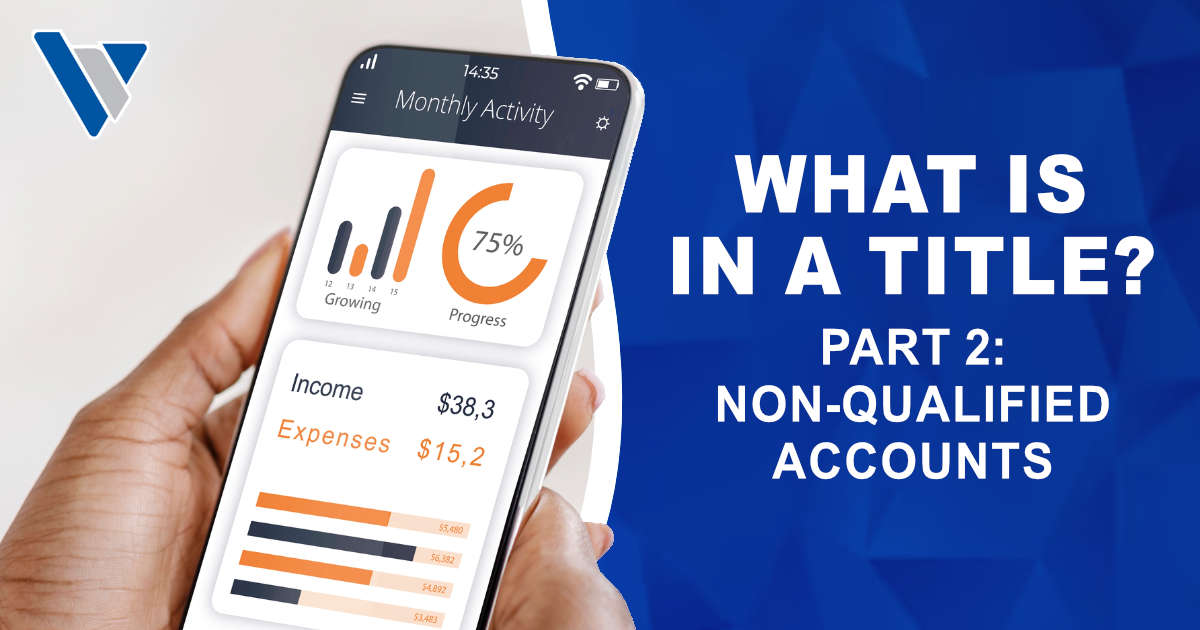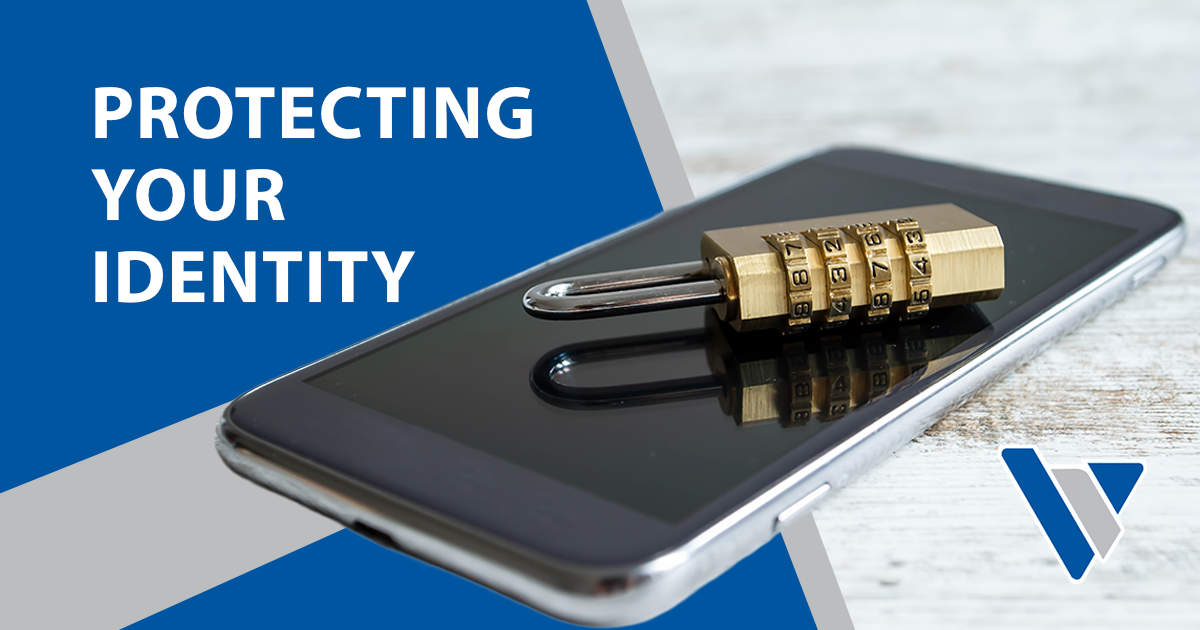In my last article, I discussed the importance of proper titles in regards to qualified accounts,...


According to the Bureau of Justice Statistics (www.bjs.gov), an estimated 17.6 million Americans, about 7% of U.S. residents age 16 or older, were victims of identity theft in 2014. A very popular form of identity theft among thieves is filing fraudulent tax returns. According to the Federal Trade Commission (FTC), $5.8 billion was given to identity thieves from the IRS due to fraudulent returns in 2014. Identity thieves use random social security numbers to file tax forms. Recognizing this is a serious issue, each year the IRS published a “Dirty Dozen” list of the top schemes that individual may encounter during the year, many of which peak during tax-filing season.
This article will not go into detail about each of these so called Dirty Dozen, however that information can be obtained directly on the IRS website (https://www.irs.gov/uac/newsroom/irs-summarizes-dirty-dozen-list-of-tax-scams-for-2017). We encourage everyone to be aware of these schemes and be diligent in preventing identity theft during tax season.
At V&E Wealth Management we take personal confidential information very seriously and take several measures to try to protect this information. If we ask for additional identification or require verbal or written consent to perform certain transactions please keep in mind this is meant for the protection of your personal information.
We also recommend you take the following precautions recommended by the FBI to help mitigate your chance of becoming an identity theft victim:
We hope you found this information helpful, if you have any questions, please feel free to contact us as we are here to help you.
The opinions voiced in this material are for general information only and are not intended to provide specific advice or recommendations for any individual. Economic forecasts set forth may not develop as predicted and there can be no guarantee that strategies promoted will be successful. There is no guarantee that a diversified portfolio will enhance overall returns or outperform a non-diversified portfolio. Diversification does not protect against market risk. Investing involves risk including loss of principal. Alternative investments may not be suitable for all investors and should be considered as an investment for the risk capital portion of the investor’s portfolio. The strategies employed in the management of alternative investments may accelerate the velocity of potential losses.